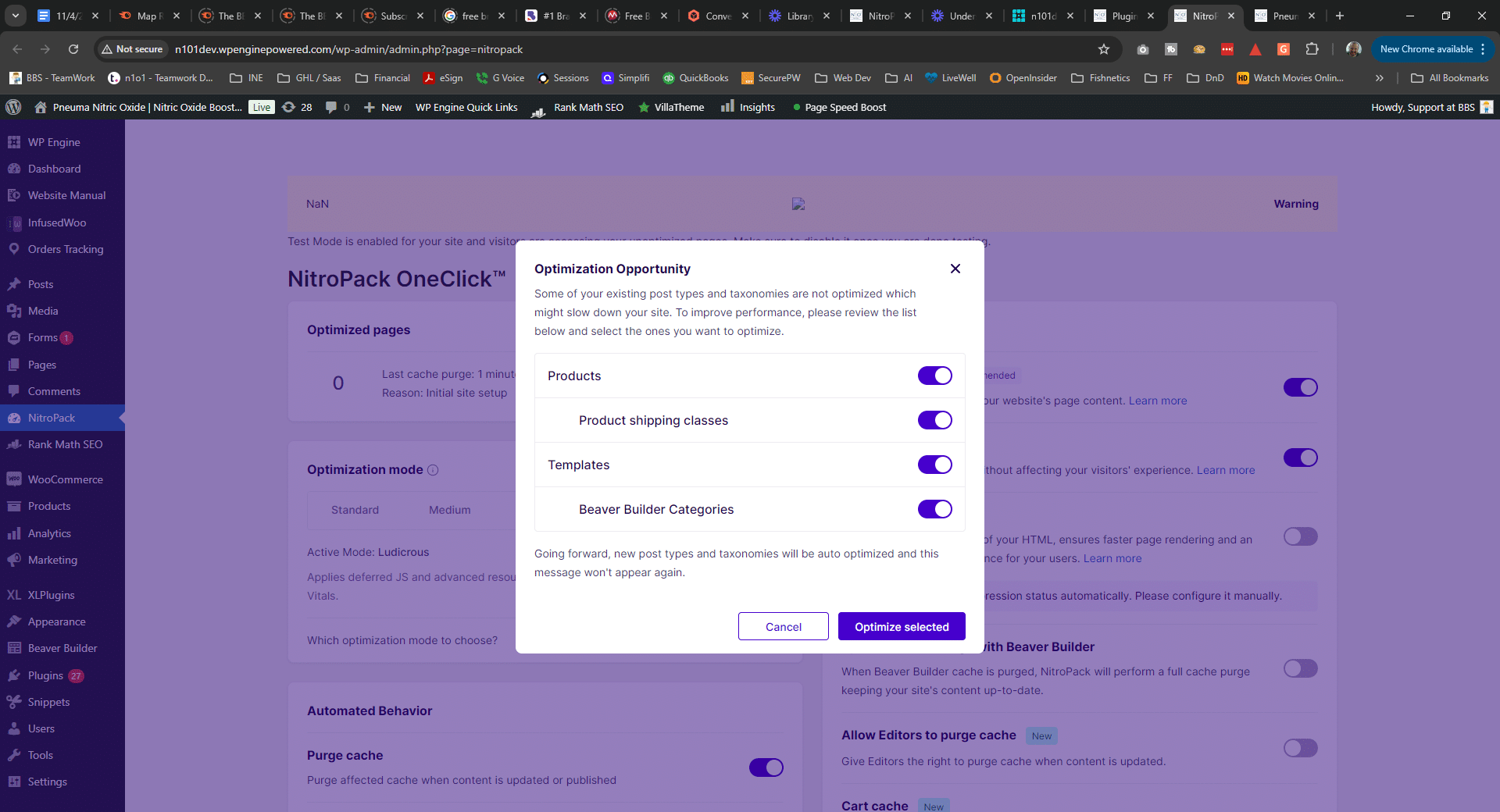EDITOR’S NOTE: work from home nature
In the past two years of the pandemic, humanity has been faced with strenuous trials and harrowing hardships. From the spread of the virus, to the periods of lockdown, to the tragic lives lost over the past few years.
With the trials and tribulations humankind faced… was there a silver lining?
Look to the skies of New Delhi, Wuhan, London, Madrid, and others as their air was depleted of smog.
Look to the waters of Venice, as the sediment in canals stirred by traffic finally calms and clears.
Through the time of lockdown, we saw a real time case study of our impact on the environment. How we as everyday commuters, energy users, and air polluters tainted our home planet…but also how we can help it.
While dependent on human nature, Harvard Business Review claims that businesses can take more action through a Work From Home model to help nature. But first, let’s look at some of the statistics to better frame the environmental impacts.
Diving into Resource Depletion
Carbon & Greenhouse Gas
As a remote worker and telecommuter, it’s obvious that making the morning and evening commute is practically nonexistent. While still having to make the drive to run errands, not having to sit in bumper to bumper traffic for hours on end reduces spending not only time and money, but also your carbon footprint.
The logic may seem as easy as 1 + 1 = 2. No commute + No running vehicle = Less greenhouse gas emissions. But have you ever thought about expanding a single person’s actions to a global scale? Or even your own country?
The U.S. Environmental Protection Agency released a statement in 2017 saying that 29% of greenhouse gas emissions in the USA came from transportation, with a large portion making up your typical passenger car.
To further drive home the point, Digital Nomad explains that remote workers avoid emitting 3.6 million tons of the same gas every year and that if you wanted to make the same offset it would take 91 million planted trees.
Fossil Fuels
Along with the greenhouse gas emissions that come into play with commuting, it is also worth noting the use of fossil fuels. Not only do households and businesses utilize fossil fuels for electricity and heat, but also for transportation.
In the pre-pandemic times of 2018, Statista estimated that there were around 97.2 million barrels of gasoline consumed PER DAY! Each barrel holds approximately 20 gallons, so multiply that together and think of the nightmare at the gas pumps.
After mulling over that number, do a little thought exercise with me. Close your eyes and consider if just half the companies that could work remotely, did.
Reduced Energy Consumption
But if everyone worked from home wouldn’t we be using an exorbitant amount of electrical energy? The short answer: possibly, but it depends on the population.
In a case study displaying the positive effects of using solar energy, Sun Power provided these statistics for your typical household:
The average U.S. home uses about 900 kWh per month
So that’s 30 kWh per day
Or 1.25 kWh per hour.
This is just an average of U.S. households, not accounting for any individuals that over and underuse in or outside of the U.S.
But how much electricity does a business use?
Forbes says that large businesses, offices, factories, etc can use 100kWh…every half hour.
While it is difficult to accurately measure how much electricity the global remote workforce uses in a day, the average of 1.25 kWh per hour to 100 kWh every half hour is stark in comparison.
City Lights or Starry Nights?
Some may migrate towards a larger city in hopes of easier access to jobs. Some may move to a city to cut down on their commute time, trading off gas cost for higher rent cost.
It is easy to see how working remotely can take care of both of these issues in one fell swoop.
According to the U.S. Census Bureau, roughly 80 percent of Americans live in urban areas. But in a recent study, it seems that many are not doing it on their own agenda. In a poll conducted by CBS, 38% of city residents would rather live in more rural areas.
Honestly, I can’t blame them. There is far less noise and light pollution, better air quality, not to mention marginally lower cost of living expenses.
Working remotely removes the constraints that large metro areas tend to have when it comes to the job opportunities and financial and environmental factors tied to a physical office.
Remote Work For The Better
The impact that remote workers can have on the environment can only be as helpful as it is relevant to the employee. But the one that can tip the scales in favor of environmental initiatives are the employers themselves.
Harvard Business Review outlines this in three simple considerations:
- Embed a sustainability culture – routinely reiterate your company’s sustainability initiatives throughout the organization
- Provide supportive policies – encourage and support employees using renewable energy sources and active environmental initiatives
- Think globally, act locally – Get into the community and practice environmental outreach that reflects your company’s image
The benefits of these practices are plenty. A company can become a leader in sustainability and environmental initiatives, fostering a culture that makes people not only want to work for them but with them as well. Above all else, not only does it look good for the company, but it is the right thing to do.
In 2020, Rock Content shifted from being an office-first company to a remote-first organization, with hundreds of Rockers (the way we call all coworkers!) working from all over the world.
Rock Content’s decision was made based on the idea that the future of work is remote, not just for a globally integrated and diverse workforce, but for the betterment of the planet.
Employees receive a monthly remote work allowance, covering the cost of an individual’s electric consumption. Setting our own work hours, we are encouraged to unplug, shutdown the workstation, and take a breath of fresh air.
Being a collaborative, people-driven startup, Rock Content is always open to evolve its practices, to find ways to engage employees, and promote healthy environmental practices around the world. Whether it is shutting off devices in your home or cleaning and serving your community, Rock’s leadership inspires their employees to “think globally, act locally” for the betterment of the world.
Originally published by Logan Hillen on Rock Content.





